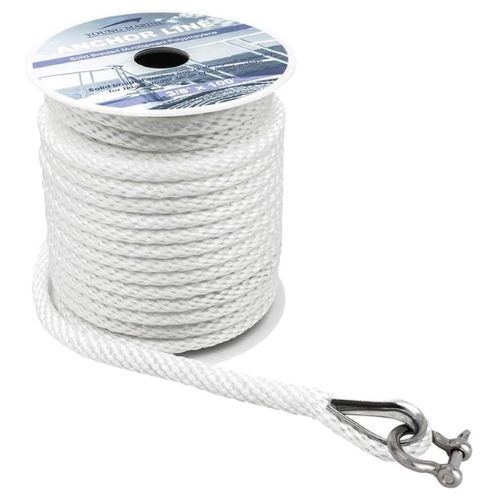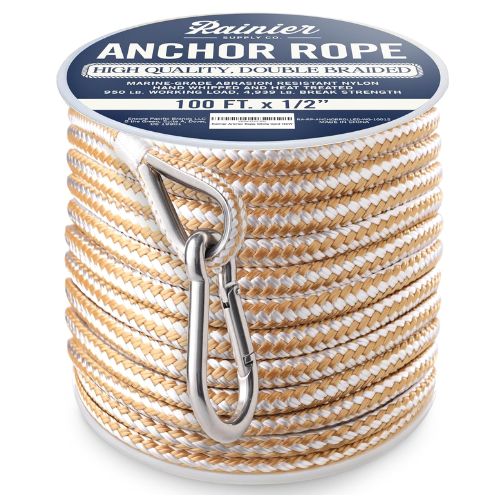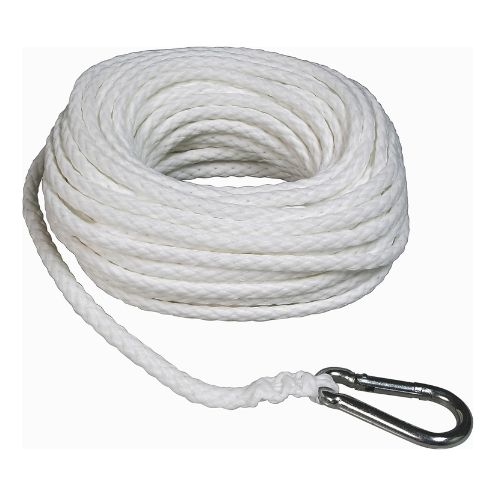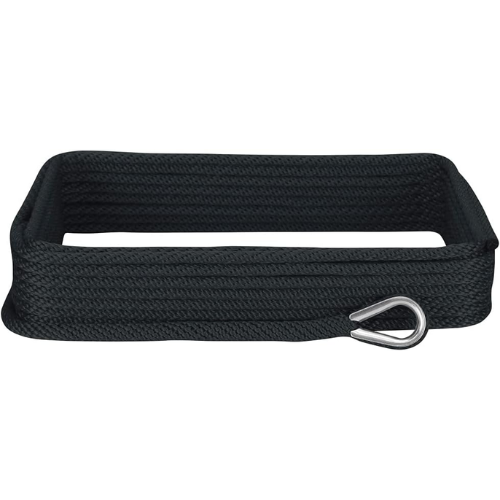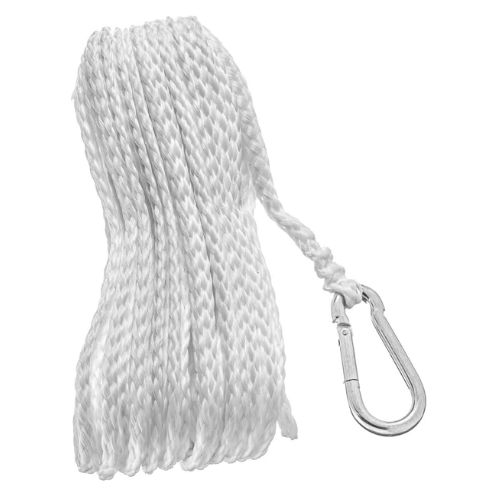At TheCampingList, our dedication to authenticity and reliability stems from our own adventures in the great outdoors. Our team, comprised of seasoned experts in hiking, camping, climbing, cycling, fishing, and hunting, rigorously tests every product and shares insights drawn from real experiences. This hands-on approach ensures our reviews and guides meet the highest standards of durability, functionality, and comfort. Moreover, our platform thrives on the rich contributions and feedback from our vibrant community of enthusiasts. We pride ourselves on delivering unbiased, educational content that empowers and informs your outdoor pursuits. Trust in TheCampingList for genuine advice and support, where we're all about enriching your journey, every step of the way.

